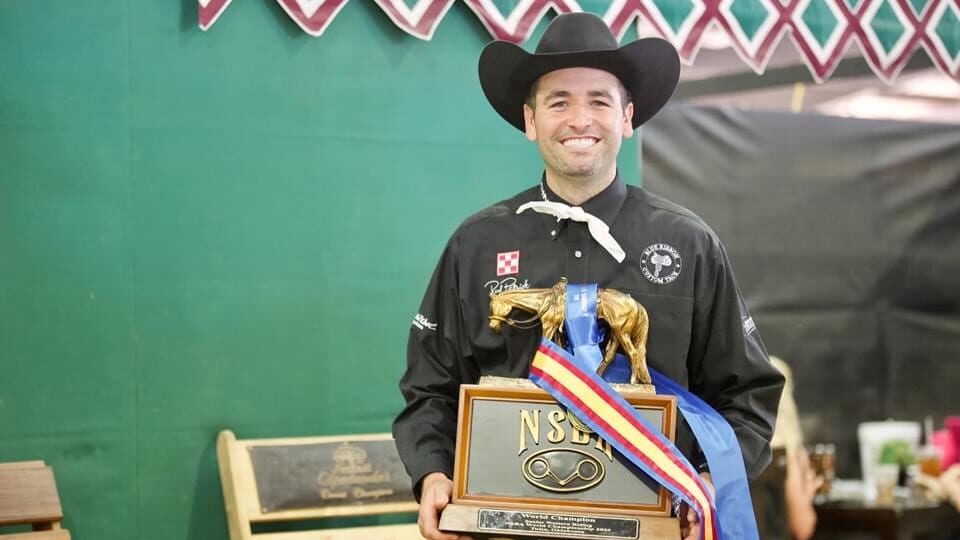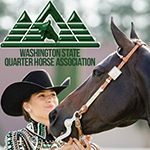In part one of our “Tips for Avoiding Burnout” series, we spoke with champion amateur exhibitor Kaleena Weakly to get her advice on how non-pros can remain passionate about the sport.
In part two, we address tips for trainers on how to remain engaged in hopes of having a long, successful career.
Amateurs aren’t the only ones at risk of experiencing horse show burnout. Trainers are also susceptible to feelings of boredom, inadequacy, and lack of motivation.
The major shows are long and the show season can be grueling for trainers, their relationships, and their mental health.
We spoke with multiple World and Congress Champion trainer Anthony Montes of Vickery Performance Horses for his advice to fellow trainers on staying motivated for the “long haul.”
Take a Break/Vacation
“I found it incredibly difficult to take any breaks from training and showing when I started out. And, to this day, Bruce [Vickery] still needs to force me to take a break!” Montes laughs.
“That said, I think it is incredibly important to take time away from the horses to go visit family, spend time with friends, or go on a vacation in order to have a breather and find some renewed enthusiasm for the job.”
“Horses, whether you are showing or not, require so much time and effort to care for them and keep them fit. This can become an easy excuse to never take time away and it can make the work feel so consuming that it becomes miserable. I can think of a million reasons to never leave, whether it be I’m experiencing a training breakthrough with an animal, an animal has specific rehab needs, etc. There is always something with horses.”
“Most normal jobs give vacation time to employees because it is important for mental health,” Anthony explains. “Horse husbandry has no built-in vacation time, so you have to tell yourself you need to take it for your and your horses’ well-being.”
“Although I often dread leaving, once I’m gone, I realize just how much I needed that time away and I’m able to return refreshed and ready to get back to work.”
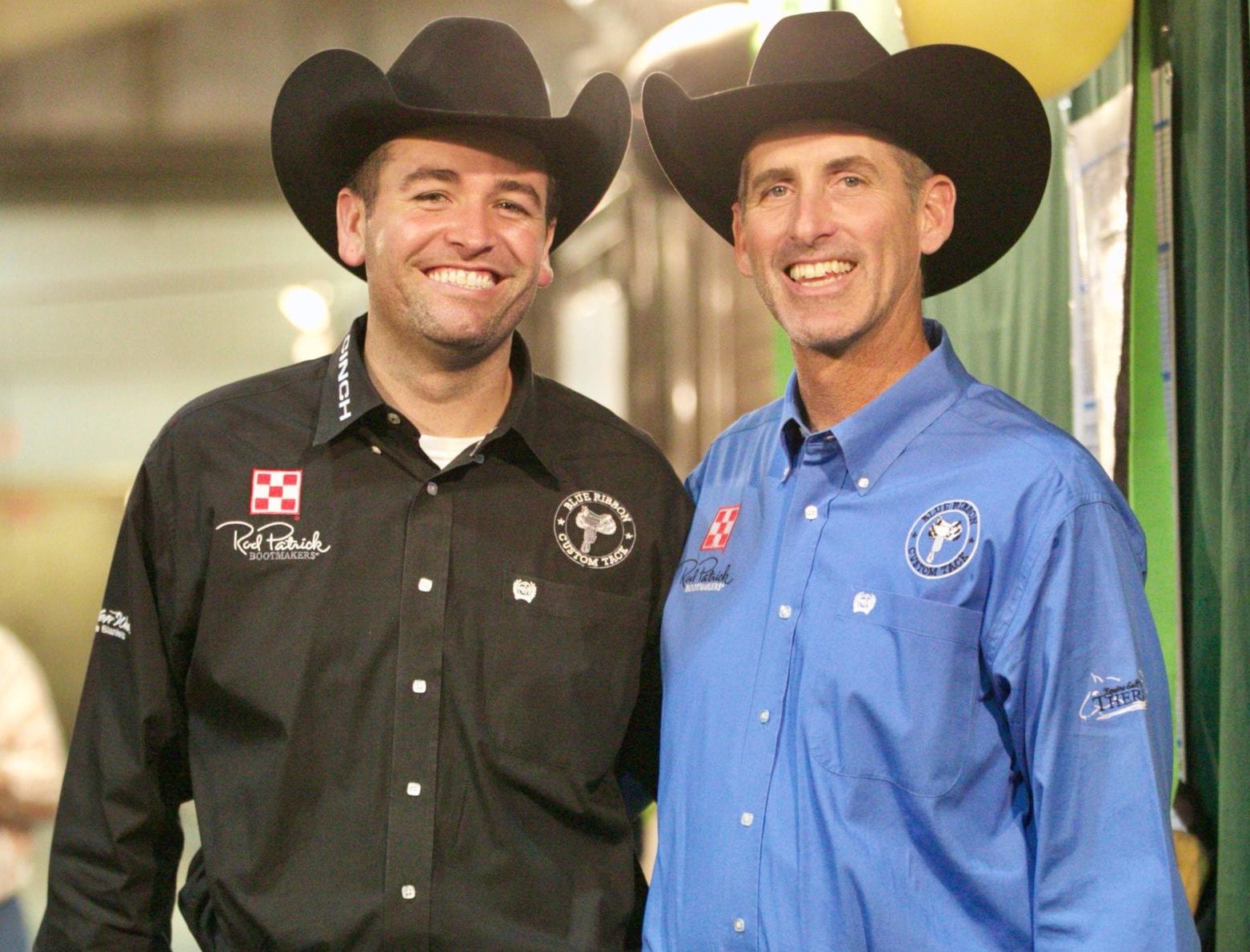 Set Boundaries
Set Boundaries
Montes’ second piece of advice is related to taking breaks and involves setting boundaries with clients in order to ensure you don’t lose your mind in the process.
As discussed above, horses require round-the-clock care and attention, and so it can be very easy to begin to feel you are drowning in responsibility, especially when that is coupled with round-the-clock client demands.
Montes believes that, in order to foster positive relationships with clients and a positive outlook on your job, you need to set healthy, reasonable boundaries for yourself.
He reminds, “As a trainer, it is so important that you make every client feel like they matter and their needs are addressed. However, this can be difficult with the hectic nature of showing. Therefore, I recommend you do your best to set a schedule so that you can spend individual, focused time with each client without leaving anyone out.”
Montes continues, “As much as I’d love to be able to attend barn dinners with clients, I often can’t due to my commitments as a trainer in the barn. You have to set a comfortable balance of finding your personal time and your work time in order to make sure you don’t end up burning the candle at both ends.”
Additionally, Anthony believes that it is important for trainers to communicate their horses’ boundaries with the owners as well. “Horses also have boundaries. You can’t expect perfection from them all the time. I like to keep my horses fresh at home because, if you ride them like the Congress is next week all the time, they will hate their job and experience their own burnout. Amateurs don’t always understand this and so it is your job to encourage them, even when their horse has a ‘bad’ day.”
“Some trainers may struggle with the feeling that they can’t have the horse perfect for the client all the time and want to give up. However, if you are able to effectively explain where the horse is at in their training and set fair expectations for the animal, it is less likely you will deal with the client frustrations that will make you want to quit.”
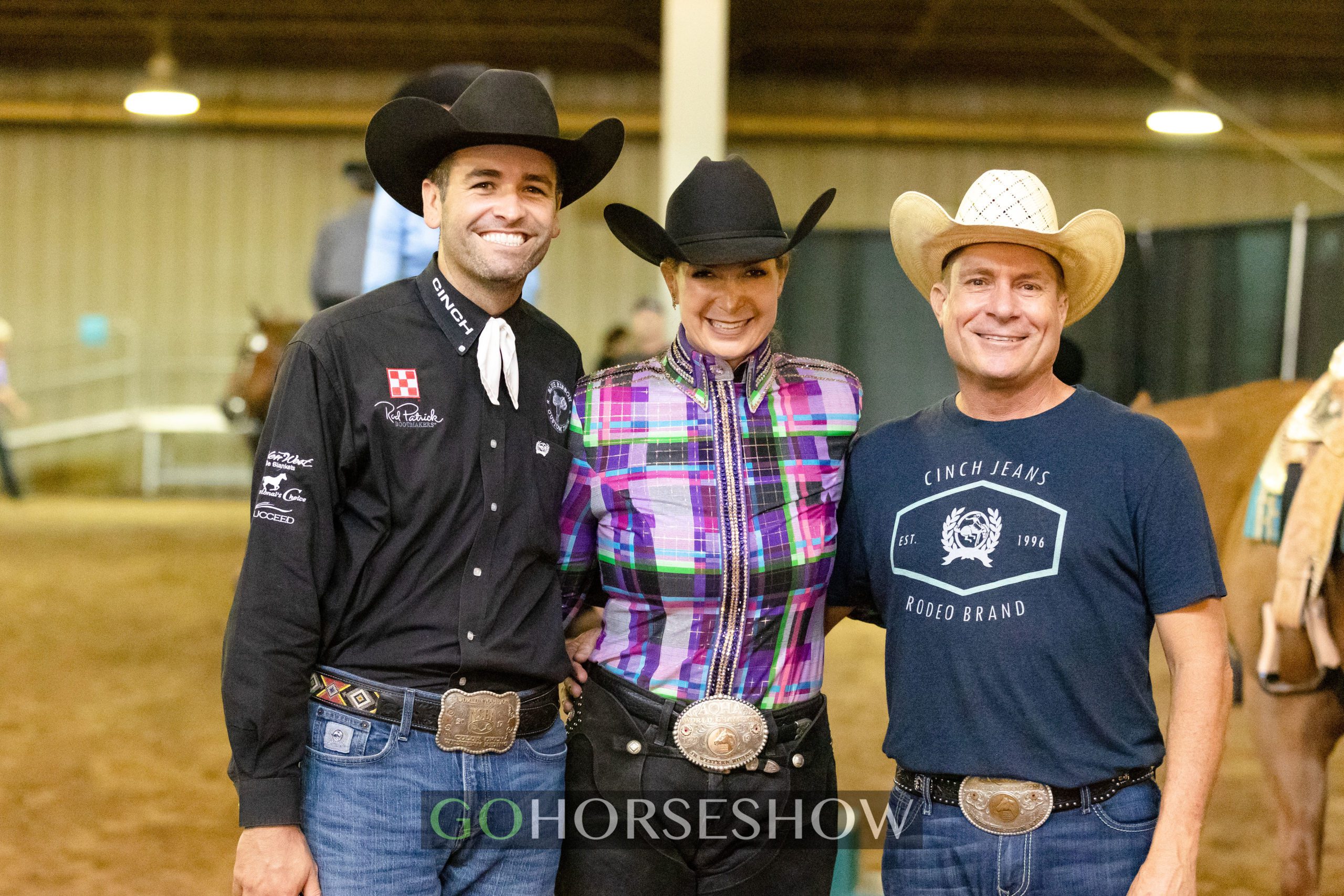 You’re Not an Island
You’re Not an Island
Being a horse trainer can be lonely at times. Often, many hours are spent in the saddle with just the trainer and the horse. While this can be idyllic, it can also be isolating.
“I find it very refreshing to ride with other trainers,” Montes smiles. “Aaron [Moses] is a dear friend of mine and I genuinely appreciate the times we can ride together and learn from each other.”
He continues, “We may be doing different events, but there are things he does in the pleasure that really help me in the trail or western riding. By the same token, he may find something I do useful. We are able to commiserate over the things we struggle with and encourage each other in a way that people who aren’t trainers just don’t understand. I think it is really important for your mental health to find trainer friends that you can socialize with and learn from at the same time.”
Being isolated can also contribute to boundary issues because it can be easy to fall into making your clients your primary social group. “The line between business and social relationships can be very blurry in this industry and so, while it is important to have a friendly relationship with clients, it is equally important that you don’t make them your only social outlet.”
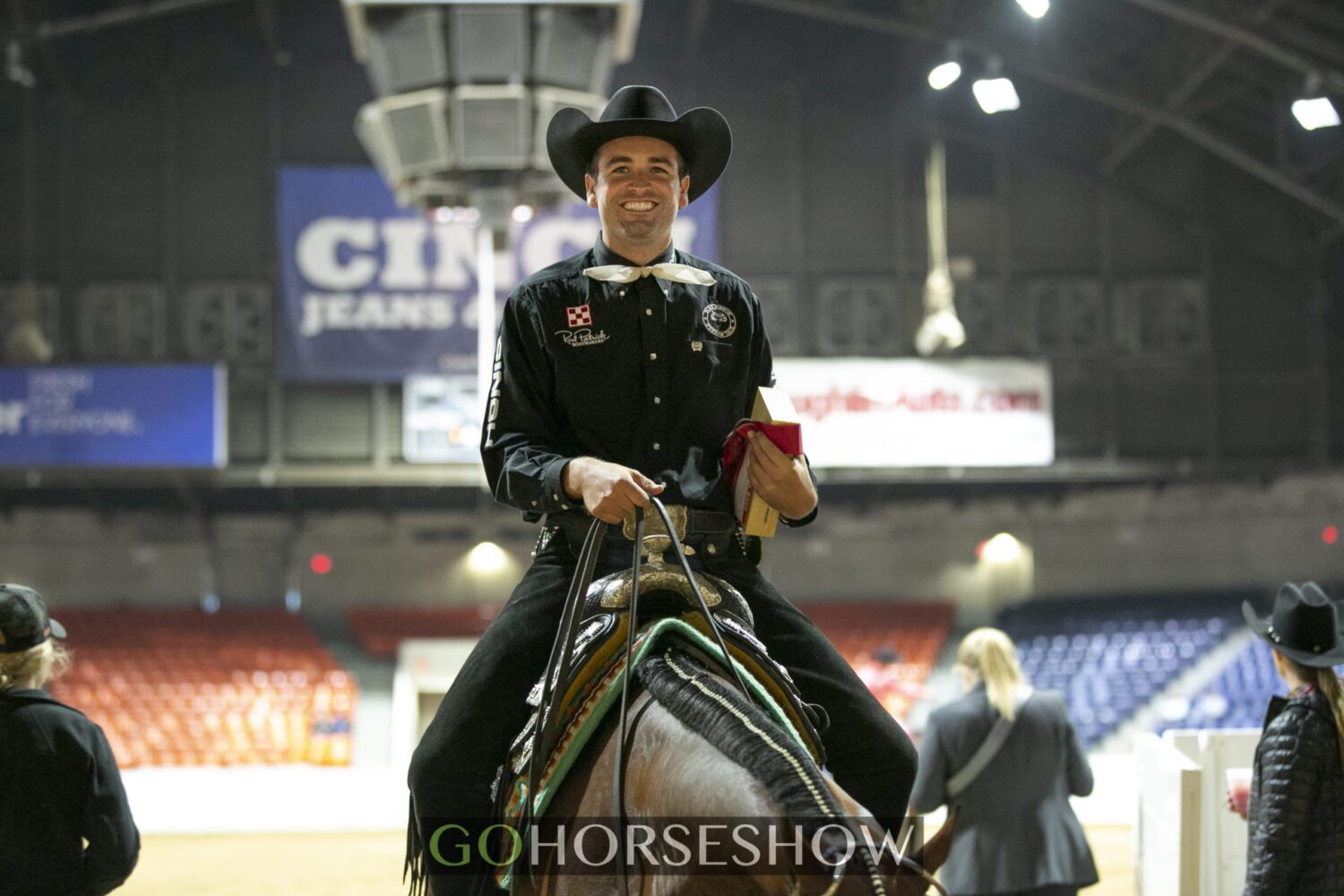 Never Stop Learning
Never Stop Learning
Spending some time working with other trainers has the added benefit of keeping your training methods fresh.
“It is so important to be open-minded when it comes to training horses. Not everyone learns the same, and horses are similar. Sometimes what works for one horse doesn’t work on another and you need to be able to try different training methods in order to reach a horse to make them their best. One of the best ways to accomplish this is to keep learning and have an open dialog with other trainers to get their input.”
“Our industry is always changing and keeping up with that change can be a source of renewed motivation and excitement. You have to be able to evolve in order to stay at the top of the game, but sometimes, in trying to stay relevant, we overcomplicate things. I think there needs to be a balance between learning new things and keeping the fundamentals fundamental,” Montes explains.
“I recently returned from the AQHA Pro Horseman Academy, and it totally opened my eyes to important aspects of business and training. Participation in seminars and clinics can really work to spark your passion for your business and your profession in general. If you find yourself struggling with where you fit in the industry, get more involved and more doors will open to you.”
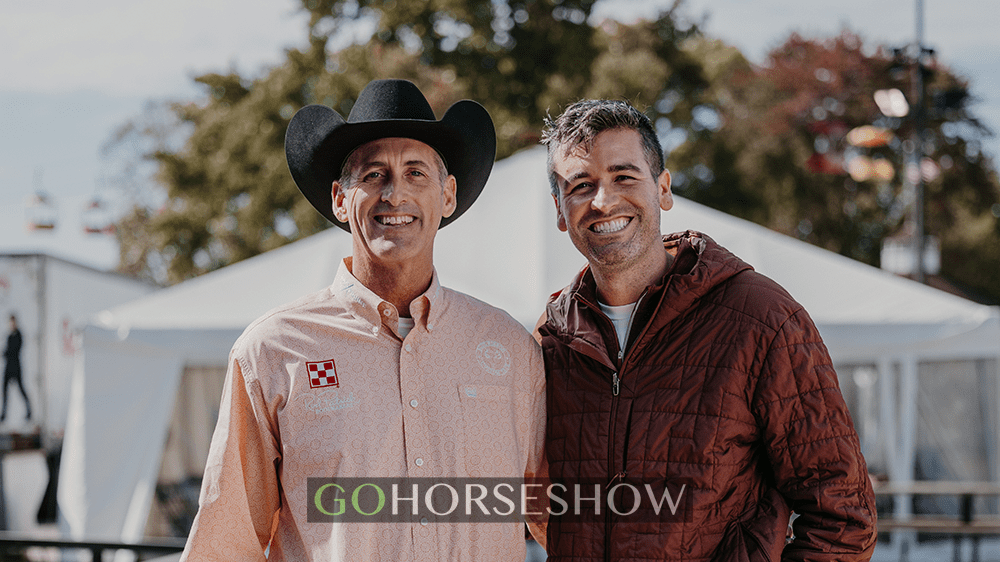 Practice Gratitude and Positivity
Practice Gratitude and Positivity
Finally, Montes recommends that trainers do their best to practice gratitude and positivity on a daily basis.
“Our whole industry revolves around judging and ranking trainers and horses. This can be motivating, but it can also be a little demoralizing. Every trainer wants to win and be the best. But only one trainer can win on any particular day. This system can really impact trainers’ mental health in a negative way if they aren’t careful.”
“I am not okay being okay. I am always striving to improve and have objective success. I’ve been challenged mentally by how to find consistent ‘success.’ I really try to set big, crazy goals, but I measure my success by progress towards those goals and not by immediately accomplishing them. If you want to stay in this business for the long haul, you have to allow yourself to enjoy the journey and give yourself room to grow.”
It is amazing the change in attitude that can result from practicing gratitude with regard to one’s profession. For example, instead of saying, “I have to do ‘x’ today,” tell yourself, “I get to do ‘x’ today.”
“People pay a lot of money to ride and show horses as a hobby, and trainers do it for a living. While that doesn’t mean it’s not really hard work, it can be a pretty good life if you keep positive about why you love the animals and the people,” Montes reflects.
In case you missed it, be sure to check out part one of this series series, ‘Tips on Avoiding Horse Show Burnout: Part 1 Amateurs – with Kaleena Weakly’


